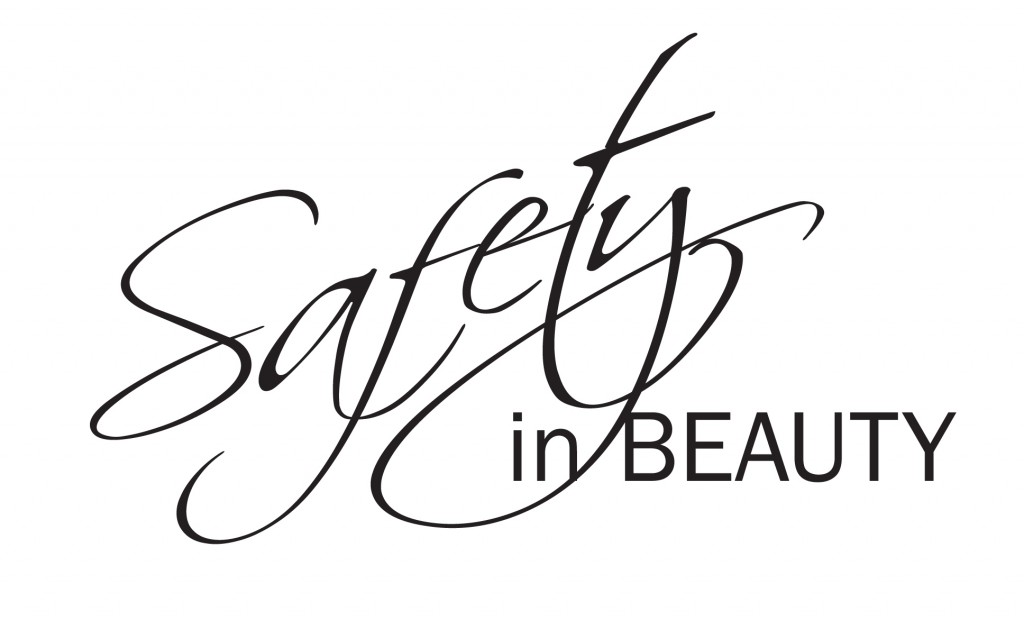More and more people now want a brighter smile, and consider purchasing a tooth whitening procedure to enhance the colour of their teeth.
There are several methods by which a lighter colour can be achieved, such as home kits, office whitening and laser whitening. Whether you are looking on the High Street or the web, there are numerous options to access whitening procedures from dental practices, beauty salons/spas and so called mobile “teeth whitening technicians”. However, contrary to common belief, only dental professionals registered with the General Dental Council (GDC) are legally permitted to carry out tooth whitening procedures. A procedure carried out by someone not on the GDC’s register could lead to their prosecution under the Dentists Act 1984, which makes it a criminal offence for anyone other than a registered dental professional to practice dentistry.
In the face of a plethora of cheap offers, “daily deals” and social media advertising, it is unsurprising that few outside the dental profession realise it is illegal for non-GDC registered persons to carry out any form of tooth whitening. There is widespread confusion over what should be correctly regarded as a purely cosmetic procedure and what is a dental procedure; a quick internet search will often bring up many pages of blogs, comments and facts, some of which may be true but some of which are false or misconceptions.
To clarify, firstly under EU Council Directive 2011/84/EU only a dental professional can legally use tooth bleaching products containing or releasing between 0.1% and 6% hydrogen peroxide, whilst anything under 0.1% is considered to be purely cosmetic. Many beauticians believe they are observing EU law because they use products releasing less than 0.1% hydrogen peroxide, or products that do not release hydrogen peroxide at all. However, that misses the crucial point that any tooth bleaching procedure carried out on somebody is defined in law as the practice of dentistry, and is therefore restricted to GDC registered dental professionals. Indeed, the GDC has successfully prosecuted several beauticians, most notably Lorna Jamous whose case went all the way through to a High Court ruling. This case confirmed that tooth whitening is definitively the practice of dentistry, even when using products that do not contain or release hydrogen peroxide, or release under 0.1% hydrogen peroxide.
Beauticians may ask “How can it be illegal when I’m insured?”, as many insurance companies provide umbrella policies which seemingly include indemnity cover. If a claim arose, insurance will not cover any illegal practice, and the policy could well be deemed null and void.
It is therefore important that members of the public seeking tooth whitening arrange a dental examination by a dentist, who will be able to explain the alternative treatments available, and the benefits and risks of each, so an informed decision can be taken.
The risks associated with any tooth whitening procedure can often be overlooked. These risks can include damage to the teeth, gums, lining of the mouth, namely burns and erosion, ingestion of bleaching products through ill-fitting bleaching trays, and the use of products that do not conform to EU regulations relating to the maximum concentration of hydrogen peroxide released. Therefore, eliminating the illegal practice of tooth whitening needs a greater awareness among the public to prevent such risks occurring.
Tooth bleaching treatments can only be legally carried out by a dentist or an appropriately trained dental hygienist, or dental therapist working under the prescription and supervision of the examining dentist.
Members of the public are encouraged to report illegal practice to the GDC, the Tooth Whitening Information Group, or to a local Trading Standards office who will investigate the case further.
Anyone thinking of having their teeth whitened is encouraged to check the registration of their preferred professional at www.gdc-uk.org whilst further advice can be sought from safetoothwhitening.org.
With kindest thanks to our guest blog authors:
 Georgia Clarke graduated in Dentistry at Newcastle University in 2011 and commenced her Vocational Training in Winchmore Hill, London, under the UCL Eastman Scheme.
Georgia Clarke graduated in Dentistry at Newcastle University in 2011 and commenced her Vocational Training in Winchmore Hill, London, under the UCL Eastman Scheme.
Upon completion, the practice offered Georgia an associate position and she was also offered a position in Buckhurst Hill. She splits her time between the two busy and diverse NHS/private practices. Georgia is passionate about general practice including the regulation of the dental and facial aesthetics industries.
 Louise Clark began her career in dentistry in 2003 as a trainee dental nurse, she later assisted with implants and aesthetic procedures.
Louise Clark began her career in dentistry in 2003 as a trainee dental nurse, she later assisted with implants and aesthetic procedures.
Louise has continued to expand her skills by completing a Diploma in Dental Hygiene and currently works at 38 Devonshire Street where her passion is a preventative approach to dentistry.
